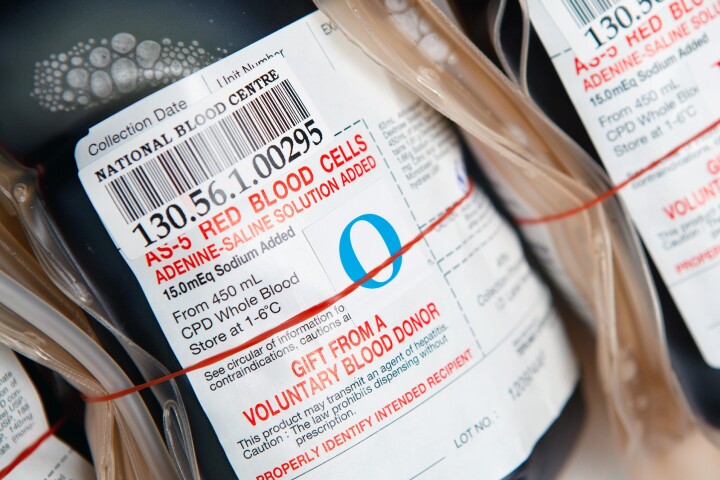If the clostridium difficile bacterium becomes over-abundant in a person’s colon, the results can include gastrointestinal problems such as severe diarrhea. Ordinarily, c. difficile populations are kept in check by the usually-present beneficial gut bacteria. If those “good” bacteria are killed off as a side effect of taking antibiotics, however, the nasties can take over. The treatment? Well ... it often involves having another person’s stool implanted in your gut via enema. Yikes. Fortunately, a less icky treatment is in the works, that involves the use of a “synthetic poop” known as RePOOPulate.
The reason that feces are implanted is because they contain beneficial gut bacteria from the donor – the idea is that those bacteria will replace those that were killed off by the antibiotics. Unfortunately, there’s also the risk that they could contain disease-causing pathogens that get passed along to the recipient.
Emma Allen-Vercoe, a microbiologist at Canada’s University of Guelph, is part of a team that set about creating a more hygienic alternative to regular feces. The resulting RePOOPulate is made from purified intestinal bacterial cultures, that are grown in the university’s “Robo-gut” – a set-up that simulates conditions within the large intestine.

Because the synthetic poop’s exact composition and bacterial content are known and controllable, it is said to eliminate the risk of disease transmission associated with traditional stool transplants. The substance is reportedly easy to produce, and can be tailored to particular patients’ needs. Of course, it also has less of a “yuck” factor.
To test the RePOOPulate, researchers used it on two patients with severe c. difficile infections, who had failed to respond to antibiotics. After receiving it, both people were symptom-free within three days, and were free of c. difficile when tested six months later. It was also found that the introduced beneficial bacteria were still present in the gut. “This is important because most commercially available probiotics only colonize transiently,” said Allen-Vercoe.
She hopes that RePOOPulate may ultimately also be used to treat other conditions including inflammatory bowel disease, obesity, and the presence of gut microbes that have been linked to autism.
Source: University of Guelph





